While most kids my age were spending their formative teenage years building a love of sports (especially with the world of wrestling at the then WWF and WCW), I found myself fascinated with another type of wrestling: Sumo Wrestling. Now I can’t explain why I was drawn to the sport. But there was something about that occasionally violent, oddly tender, and intricate ballet that intrigued me. There was something about what these gentle giants were doing that was just as swift and calculated as any sort of traditional dance. So when I found out that Netflix had developed Sanctuary, a new series revolving around the sport, my attention was instantly piqued.
A revealing look into the world of Sumo Wrestling, Sanctuary follows the journey of a man, Kiyoshi (Wataru Ichinose), who has been plagued with troubles from a young age, as he finds not only his path in life, but essentially his sanctuary within this traditional sport. It is a story that a lot of people can no doubt relate to. A story of redemption, growth, and overcoming adversity. Sanctuary is to Japanese culture, what the Rocky and Creed franchise is to the other side of the world. It’s not exactly something we haven’t seen before, but it certainly is a story worth telling.
Mi Casa Es Sumo Casa
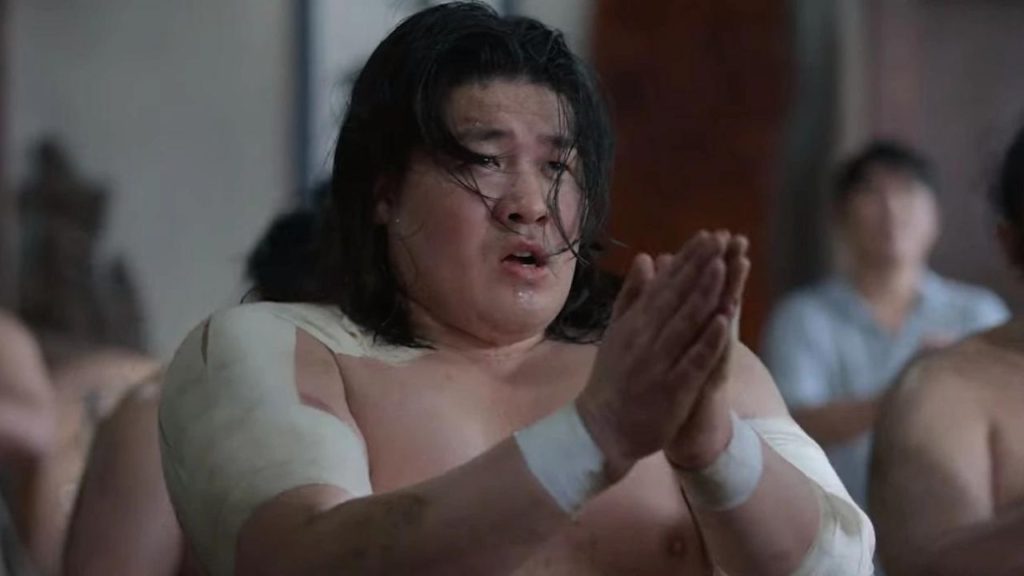
Steeped in a tradition spanning over 1,500 years, the sport of Sumo wrestling is one that is perpetually surrounded in mystery with regards to what happens in the individual stables that train these men. This is what makes Sanctuary incredibly engaging. Throughout the eight-episode series, you are transported into this world and given some insight into the hardships and struggles these young fighters go through. It is one that you have to respect. The toll it takes on the body is nothing short of astonishing, and while there may be an intense amount of toxic masculinity, and even straight up bullying, it also seems to create an intense bond of brotherhood between these men. What’s more, there is also the conversation of change that is prevalent throughout this storyline, which is a risk, considering the long tradition, but definitely something relevant especially within our shifting societal norms.
With a coming of age story such as this, you need to have someone who you can not only admire and root for, but at the same time completely relate to, and Wataru Ichinose does a fantastic job in the role of young Kiyoshi. As each episode passes, you see his journey, from this brash, cocky, street fighter, and former Judo champion, to well respected, grounded, Sumo wrestler. We know this person. We might even be this person. He’s trying to do right by his family, battling with what is right and wrong, and wondering what he did to deserve all of this. It is a role that not a lot of actors could pull off, but Wataru does it with a convincing ease.
Now this isn’t to disregard the other cast of characters as well, each of whom have their role to play in this journey. You connect to all of them. No one is left behind and everyone has their small moment to shine and play within this entire story.
Sumo Do, Sumo Don’t
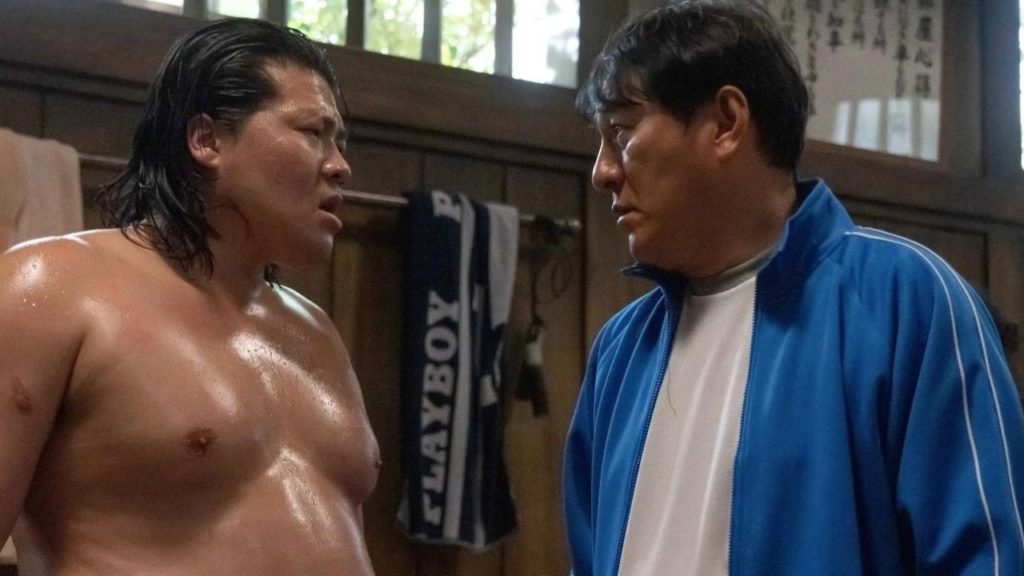
As interesting and engaging as Sanctuary may be, it does have its fairly obvious pitfalls with regards to its scripting and overall story. While it has a great beginning and end, the show falls flat in its very disjointed second act. While there are a lot of emotional hooks, from a comatose father, to a love story, and the formation of a rivalry, all of that gets over and done with by the time the third act arrives, and you can’t help but wonder if the writers were just trying to fill time in order to accompany the sumo training storyline. All of it felt a little dragged out and unnecessary. Heck, Episodes 3 to 6 feel like they should have been a complete spinoff on their own.
I also found the tone of the series a little jarring. What started off as being fairly light hearted, even motivational, suddenly takes a dark turn into the violent and macabre with the unfolding of a murder mystery. Sure, there was an eventual reason for this, but the way it was placed felt very disorganized and odd. This also meant that the character of Kiyoshi ended up becoming monotonous and annoying during that middle section. While there was some redemption towards the end, it was nevertheless still painful to see his character become so unlikable for a while.
I’m convinced that Sanctuary could have worked better as a film. Cut away the fluff and the fat. Give us instead a full blown take of rising up and working through that Sumo life. Focus on the journey through the stable rather than what happens outside of it. Sure, there needs to be drama and conflict, but there were other ways around it. What happens within the Dohyo and Heya was more than enough to keep us engaged because that’s what we were there for. It is also something that we rarely get to see and those moments were what kept me going through these episodes.
Sanctuary provides an insight rarely seen in a Japanese drama, and while it may have its glaring issues, it is nevertheless one that is worth watching. I, for one, am hoping for a second season. Despite my nitpicks, I nevertheless found myself hooked, and I really want to know what’s next for Kiyoshi.


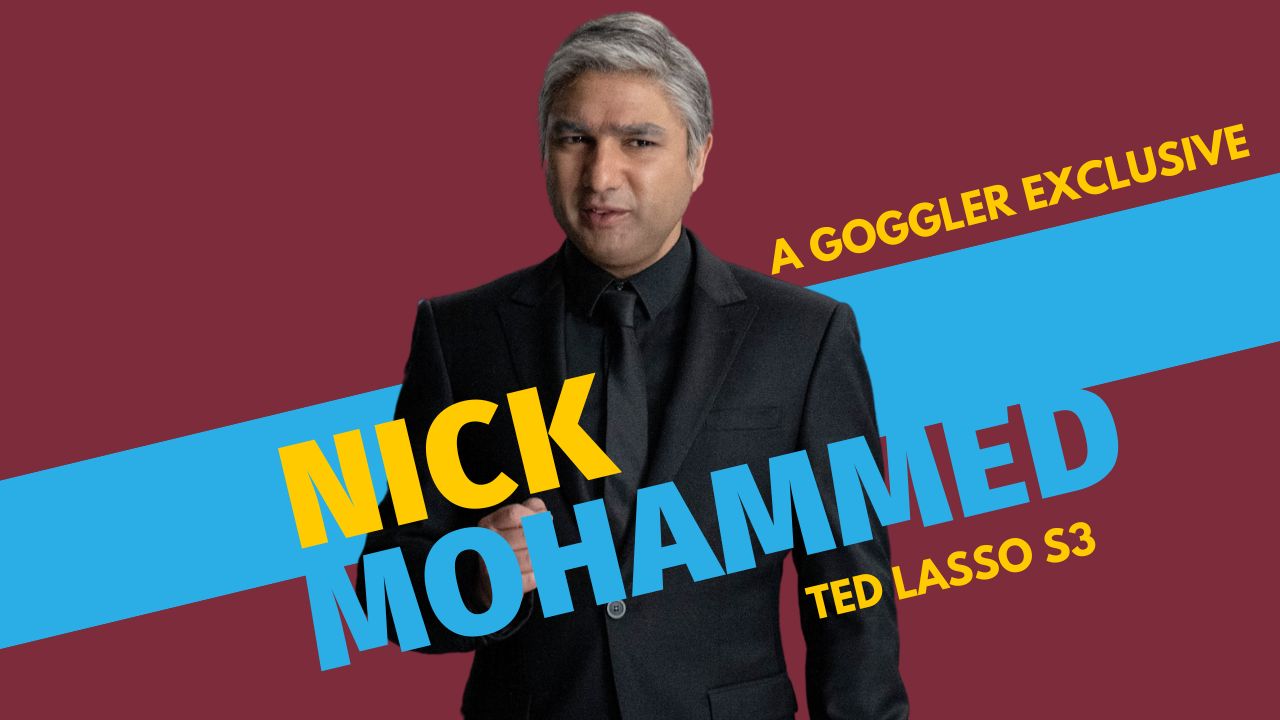
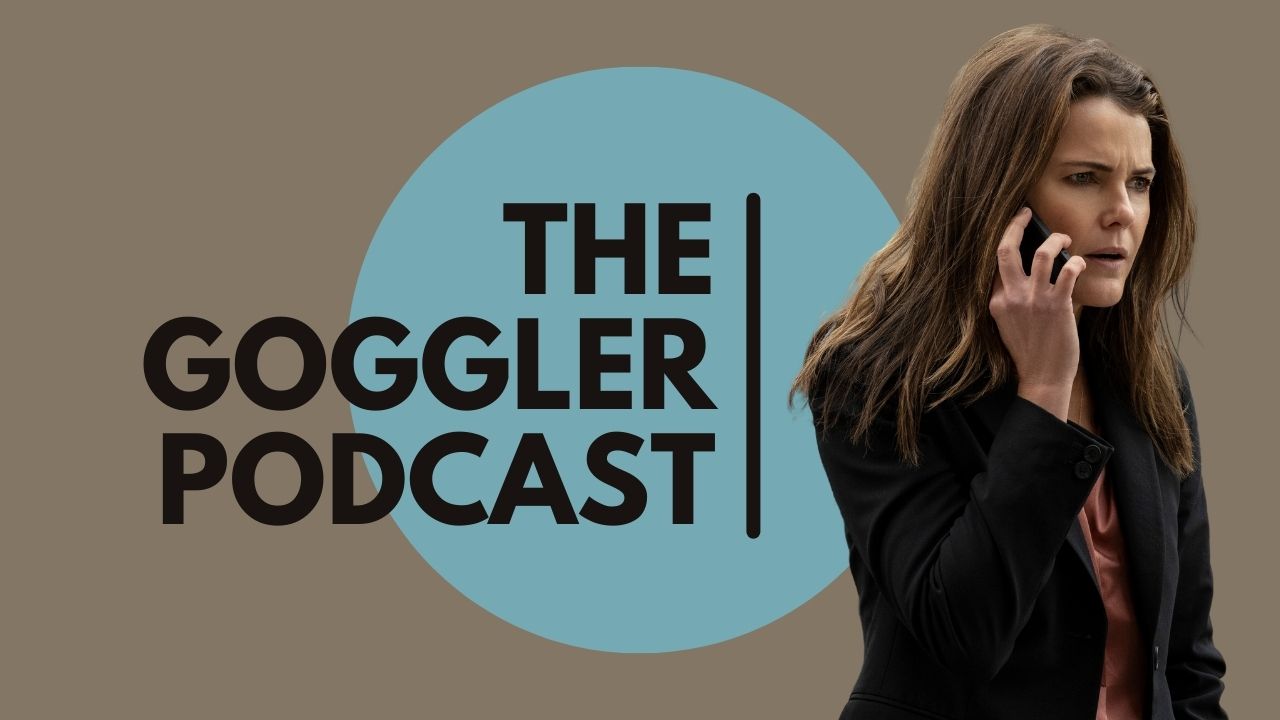
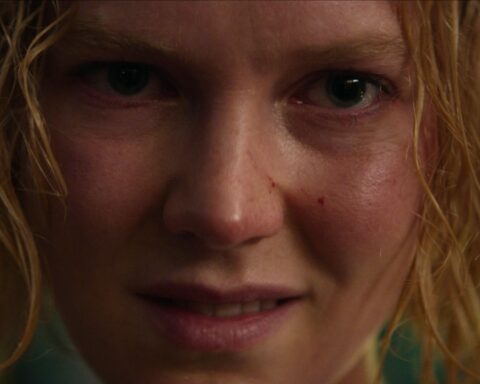

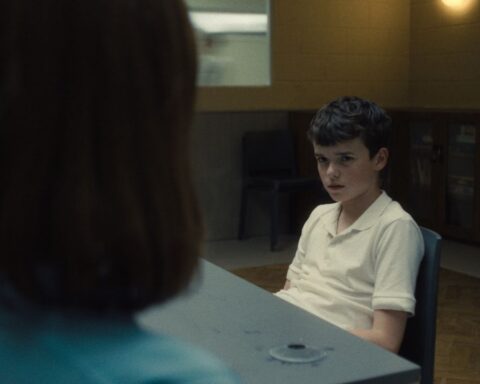
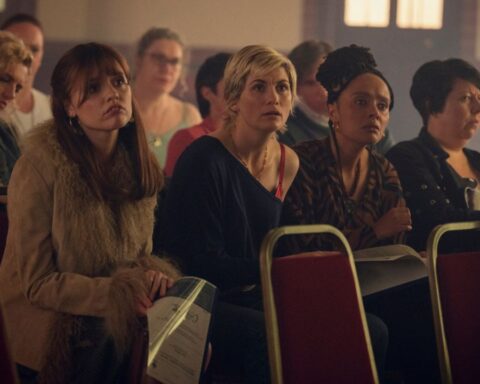
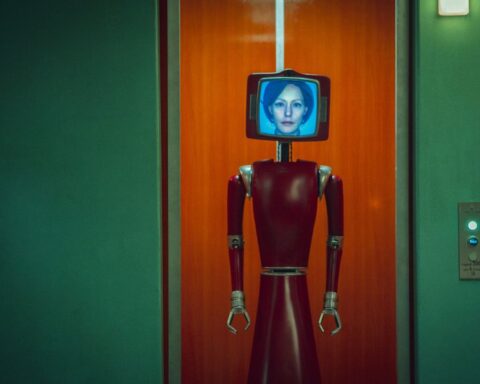
Follow Us